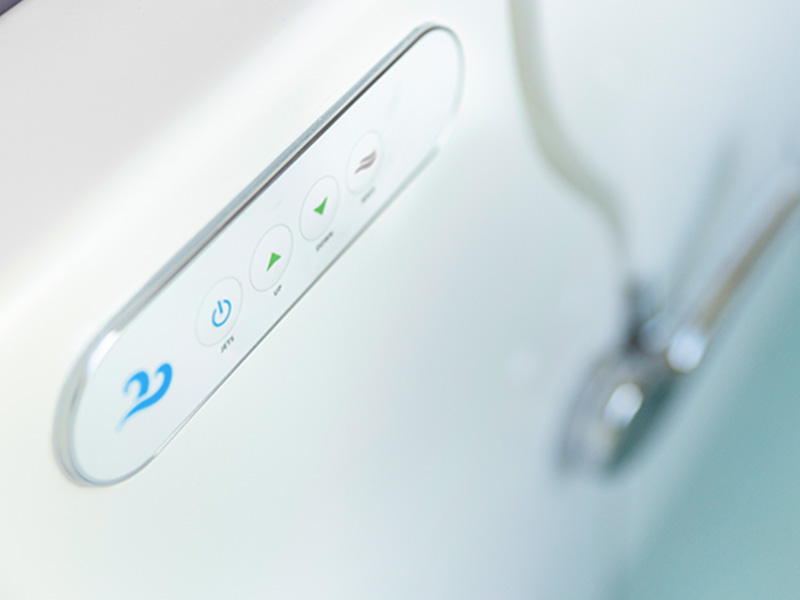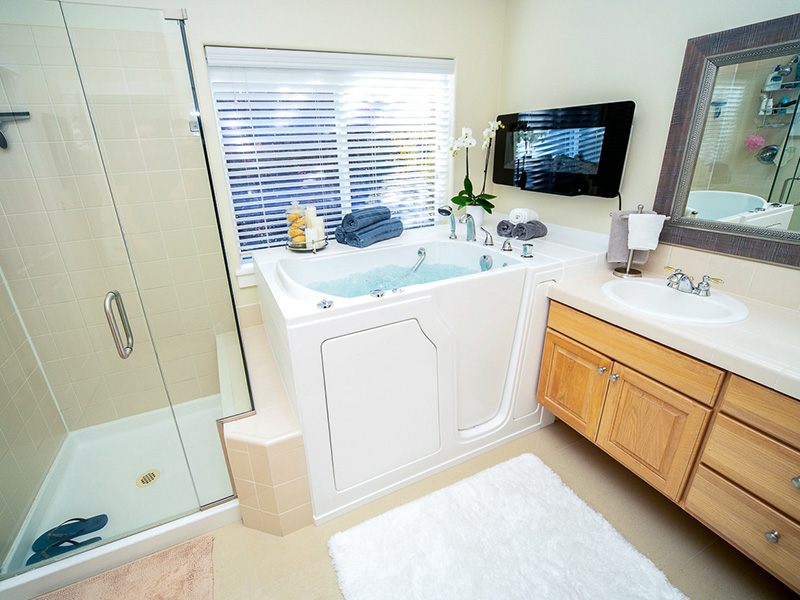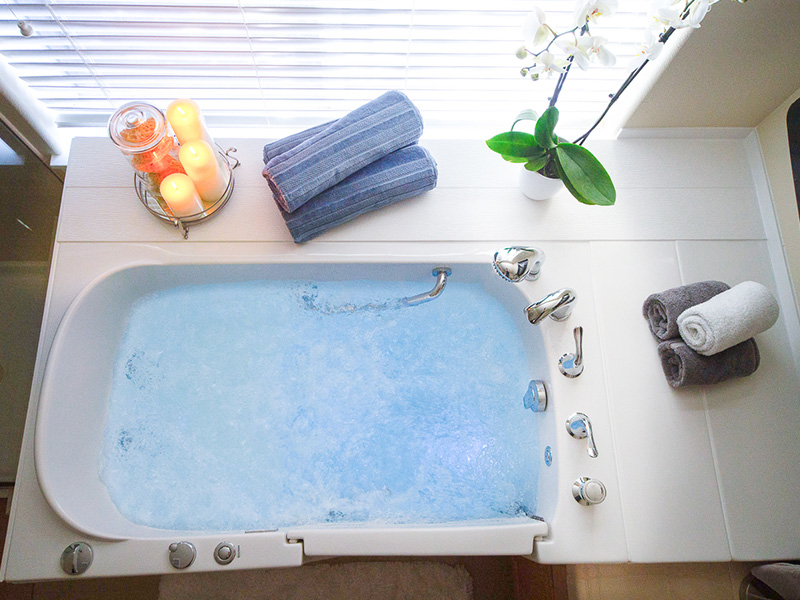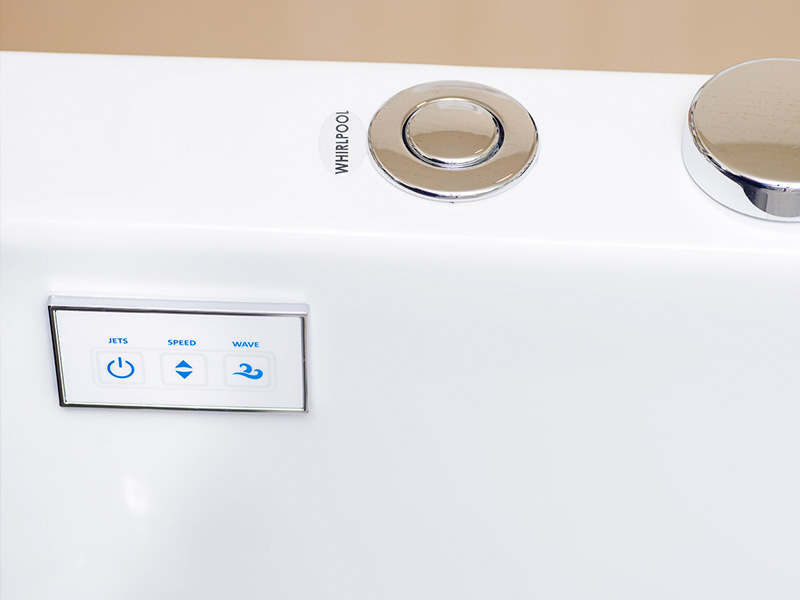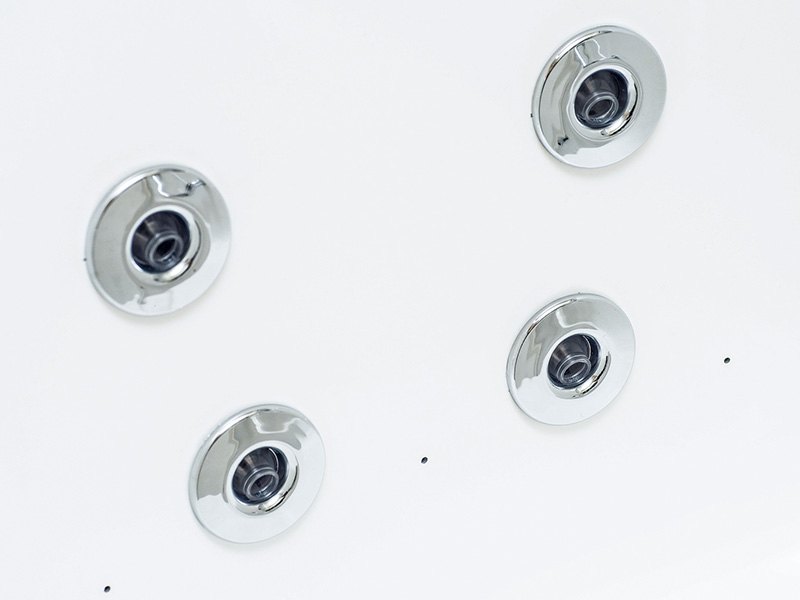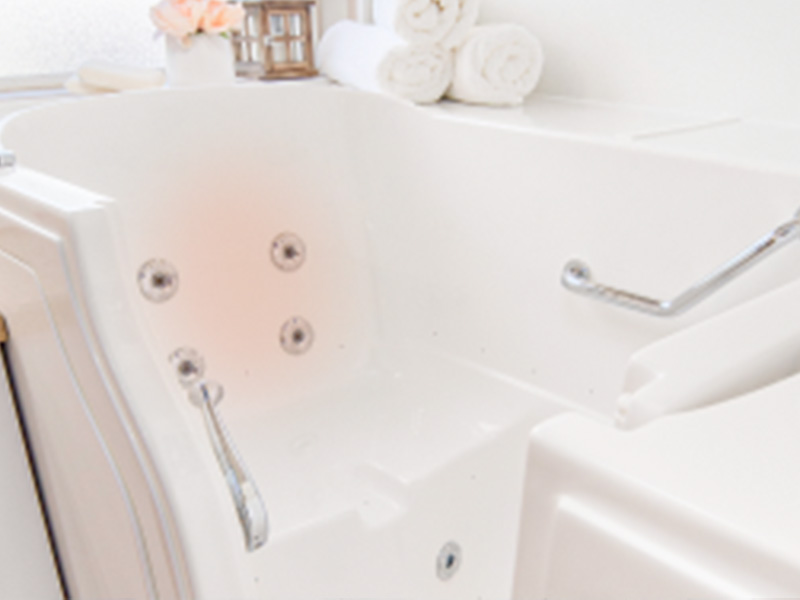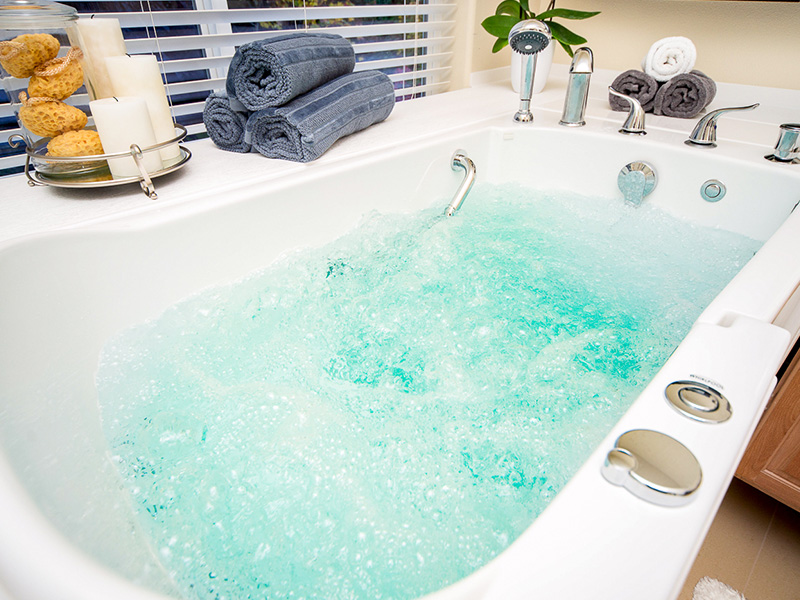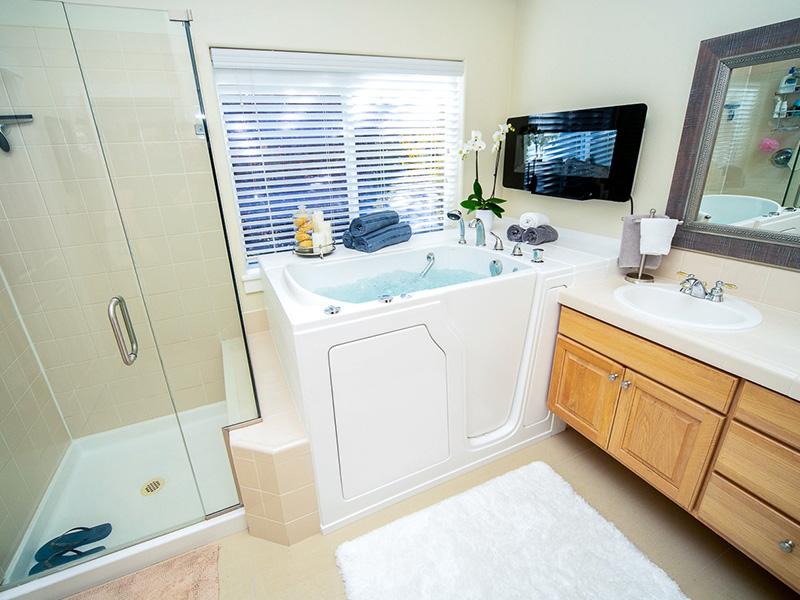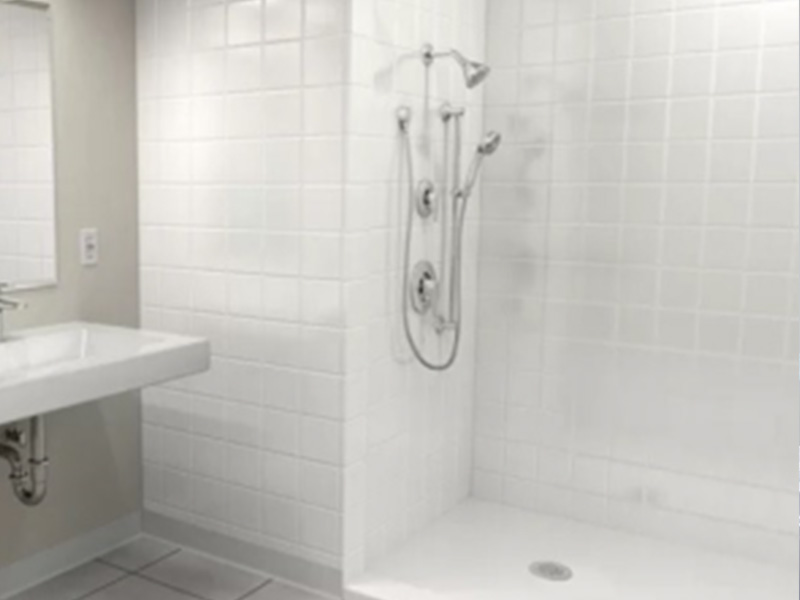- ADA Compliant
- Built In Grab Bars
- Rain Shower Head
- Retractable Glass Enclosure
Be Safe.
Be Revitalized.
Be Independent.
The Value You Love From The People You Trust
- Luxury Features: Hydrotherapy, Microbubbles, Heated Seats & More!
- Fast Installation, in as Little as Just 1-Day!
- Financing Options Available
- Lifetime Warranty


















